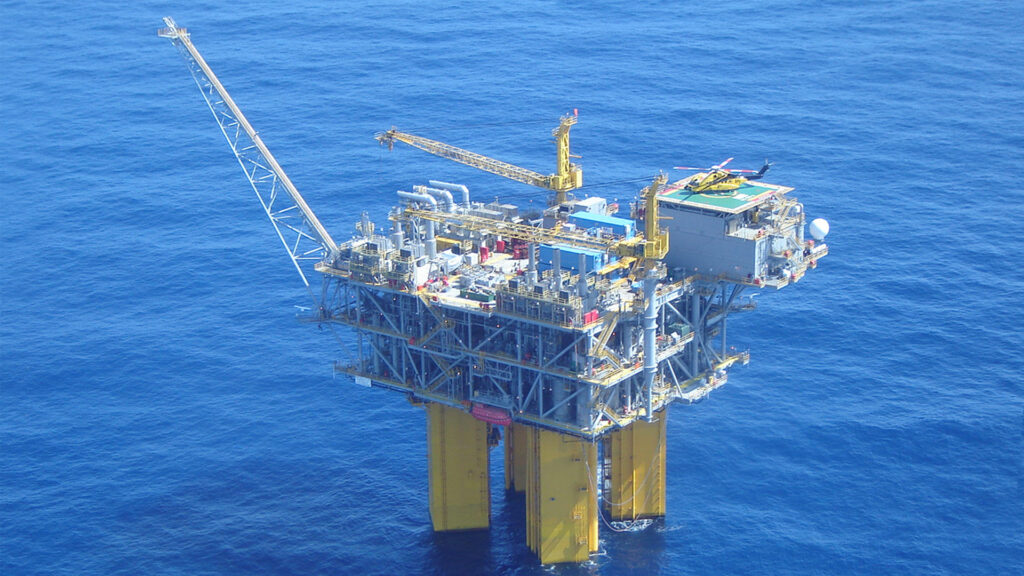By Frank Knapp Jr., South Carolina Small Business Chamber of Commerce
“Drill, baby, drill!”
That is Donald Trump’s mantra and Florida should be very concerned.
Trump spent his entire first term as president trying to explore and drill for oil along the Atlantic Coast.
Just three months after taking office in 2017, Trump issued an executive order encouraging oil exploration and drilling in the Atlantic. In January 2018 his administration took official action to open up 90% of the nation’s offshore reserves to private development, an action stalled by a federal judge because of an issue in the Arctic.

Fortunately, Trump’s efforts failed thanks to a coalition of businesses, public officials from both parties, state and local governments, and environmental groups fighting to protect the Atlantic coast from Big Oil.
In 2016, the Business Alliance for Protecting the Atlantic Coast was founded and grew to over 42,000 businesses and 500,000 commercial fishing families. The business community understood the economic devastation the Eastern seaboard’s tourism and fishing industries faced.
Oil spills would blacken beaches and contaminate estuaries where fish breed. Oil exploration would reduce commercial fishing catch rates 40% to 80% and physically harm fish, sea turtles, squid, crabs and scallops.
Opposition efforts delayed Trump’s offshore oil plans in the Atlantic until November 2018, when his administration issued permits for oil exploration.
The South Carolina Small Business Chamber of Commerce and 16 of the Palmetto State’s coastal municipalities immediately filed a federal lawsuit challenging the legality of the seismic testing exploration permitting process because it failed to consider the anticipated damage to local economies. The federal judge combined that suit with a similar one from environmental groups.
This lawsuit successfully tied up the oil exploration permits until late 2020 as the presidential campaign was in the final stages.
That’s when Donald Trump, who was in a dead heat with Joe Biden in Florida, did a slight reverse course on his offshore oil exploration and drilling plans for the Atlantic Coast.
In a press conference in Jupiter, Florida, on Sept. 8, 2020, Trump surprisingly announced that he would protect Florida, Georgia and South Carolina from offshore drilling for 10 years.
Critics saw this as a campaign ploy to win votes in Florida. One oil industry official called the announcement “a complete ambush” and “like a campaign sort of thing.”
But Trump did not stop efforts for oil exploration in the Atlantic. It took the federal judge to end that effort by dismissing the plaintiff’s lawsuit in October 2020 because the time to implement the permits was about to run out.
One month later, Joe Biden won the election and on his first day in office honored his campaign pledge to stop all new oil leases in public waters, temporarily blocking offshore oil drilling in areas not already approved for it.
Now the threat of oil exploration and drilling up and down the East Coast and the west coast of Florida is back.
The 2024 Republican Party platform calls for lifting “crippling restrictions” on Americans’ energy production. The offshore oil section of Project 2025, the playbook for a governing agenda of a new conservative administration, outlines how Trump could quickly move forward on the goal of offshore drilling.

With that and the millions of oil money flowing into the Trump campaign, the Atlantic coast could again be threatened with economic and environmental disaster.
Businesses again stand ready to fight against any oil exploration and drilling in the Atlantic should Trump be re-elected.
But fortunately, there is a better solution to this threat.
Under Section 12(a) of the Outer Continental Shelf Lands Act, a president can protect any unleased areas of public waters from any disposition, including oil production.
President Biden can use it now to cement his legacy of protecting the entire Atlantic Coast and the west coast of Florida from offshore drilling so that no matter the outcome of the November election, Florida’s coastal tourism and fishing economies will be protected permanently.
Frank Knapp Jr.is the CEO of the South Carolina Small Business Chamber of Commerce and the former CEO of the Business Alliance for Protecting the Atlantic Coast. This opinion piece was originally published by the Sarasota Herald-Tribune, which is a media partner of The Invading Sea.
If you are interested in submitting an opinion piece to The Invading Sea, email Editor Nathan Crabbe at ncrabbe@fau.edu. Sign up for The Invading Sea newsletter by visiting here.




Stop any new extraction of fossil fuels and the construction of power plants powered by fossil fuels.